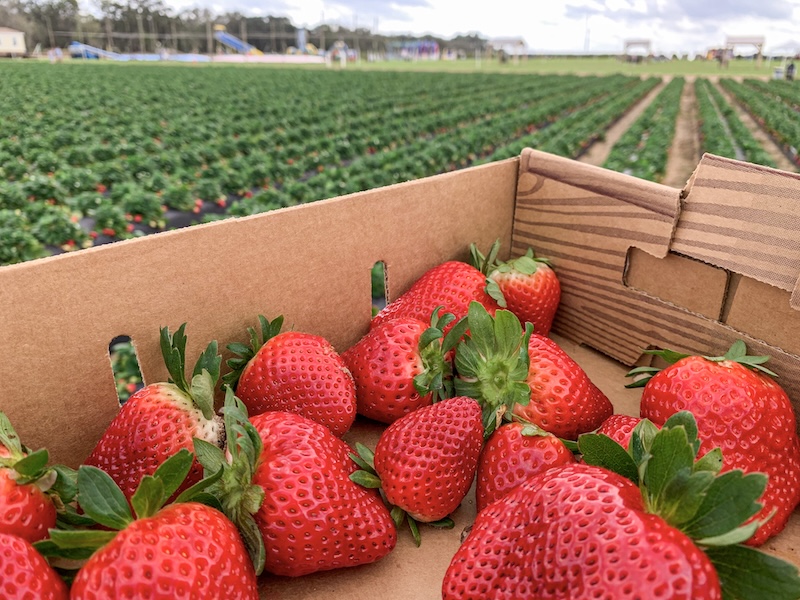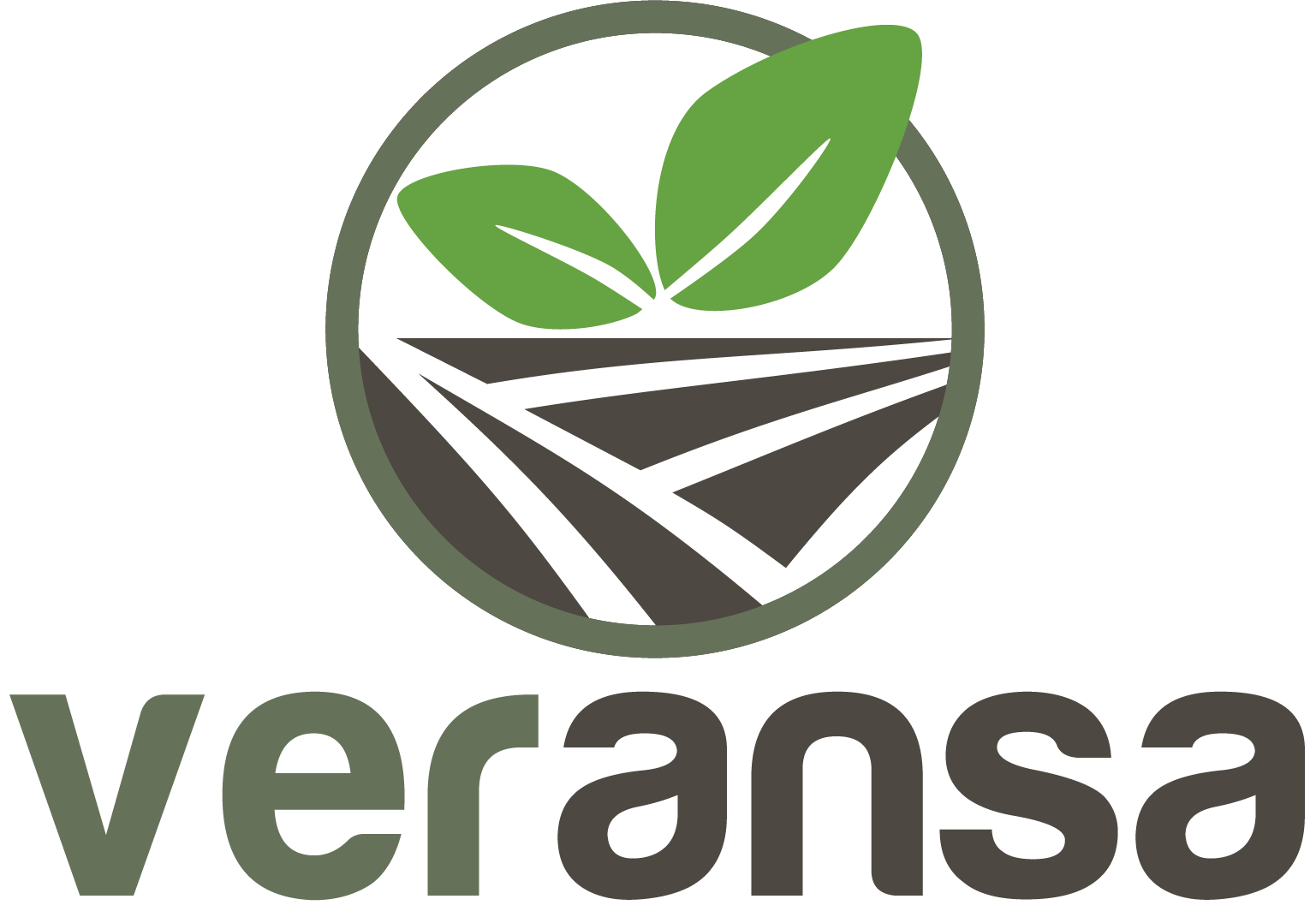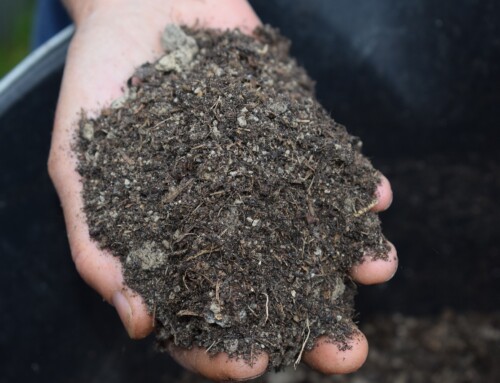In an age of growing populations, shifting climates, and stressed agricultural systems, food security has never been more urgent—or more complex. But beneath every productive field and successful harvest lies an often-overlooked foundation: soil health. And at the heart of soil health? Compost.
Compost is more than just decomposed organic matter—it’s a powerful tool for building resilient food systems. By improving the biological, chemical, and physical properties of soil, compost plays a critical role in ensuring higher yields, better crop quality, and sustainable agricultural practices.

Why Soil Health Matters for Food Security
Soil is more than dirt. It’s a living ecosystem made up of minerals, organic matter, microorganisms, water, and air. Healthy soil supports plant life, stores water, sequesters carbon, and provides nutrients that crops need to grow. But decades of intensive farming, erosion, and chemical overuse have degraded soils worldwide.
When soil is depleted or compacted, it can no longer support high-yielding, nutrient-rich crops. That’s where compost comes in.
Compost: The Natural Soil Booster
Compost contributes to soil health in several interconnected ways:
- Enriches Soil with Organic Matter
Compost replenishes organic matter lost through conventional farming practices. This organic material improves soil structure, aeration, and the ability to retain water—essential for plant growth and drought resilience. - Enhances Nutrient Availability
Compost contains a balanced blend of macro and micronutrients, including nitrogen, phosphorus, and potassium. Unlike synthetic fertilizers, these nutrients are slowly released as soil microbes break down organic compounds, leading to more consistent plant uptake and reduced nutrient leaching. - Feeds Beneficial Microorganisms
A thriving soil biome is crucial for plant health. Compost introduces and supports beneficial bacteria, fungi, protozoa, and other microbes that promote nutrient cycling, suppress plant diseases, and improve root function. - Improves Soil pH and Buffering Capacity
Compost helps neutralize acidic soils and increases the soil’s capacity to resist sudden pH changes, providing a more stable environment for crop roots. - Increases Water Retention
In sandy soils, compost helps bind particles and retain moisture. In clay-heavy soils, it improves porosity and drainage. This results in crops that can better withstand dry periods and inconsistent weather, reducing crop loss due to climate variability.
Building Resilient Food Systems
A resilient food system is one that can withstand shocks—be it drought, pests, supply chain disruptions, or price volatility. Healthy soils fortified with compost are at the core of such resilience. They grow stronger plants, require fewer chemical inputs, and respond better to sustainable farming practices like crop rotation and reduced tillage.
As climate change places new stress on agriculture, compost offers a regenerative solution. It helps sequester carbon in the soil, reduces methane emissions from landfills (when organic waste is composted rather than dumped), and supports closed-loop systems that connect food production with waste recovery.
Compost in Action: Real-World Impact
Farmers and growers who adopt compost as a core part of their soil management strategy report:
- Higher yields per acre
- Improved crop quality and shelf life
- Reduced dependency on synthetic fertilizers and pesticides
- Increased soil biodiversity and long-term fertility
Whether you’re managing a large farm, a municipal green space, or a small garden, compost gives you the tools to restore and regenerate your soil—naturally.
Veransa’s Role in Strengthening Soil and Food Systems
At Veransa, we specialize in producing premium compost solutions that meet the highest quality standards. Our compost is made only from inspected green waste and pre-consumer food scraps—never biosolids or animal byproducts. Every batch is carefully monitored and third-party tested under the US Composting Council’s Seal of Testing Assurance.
Our mission is to help growers across Florida and beyond improve their soil health while supporting sustainable practices that benefit people and the planet.
Healthy soil is the key to a secure food future.
Learn how to strengthen your soil for better yields at www.veransa.com.



